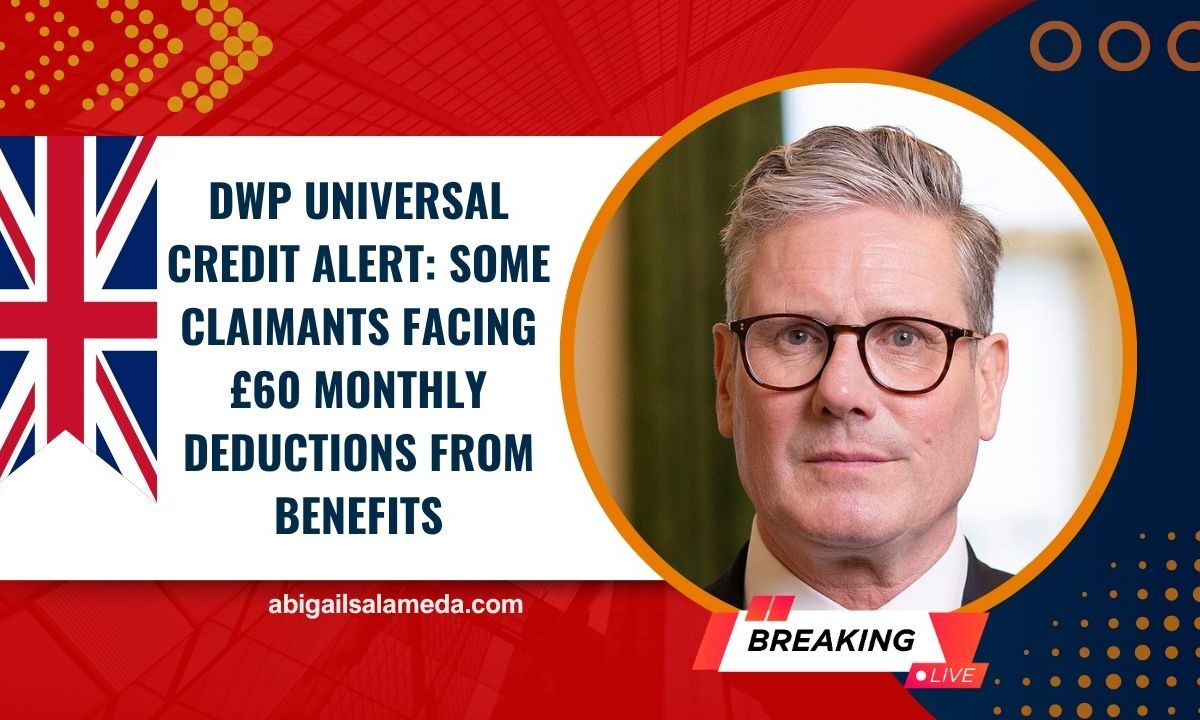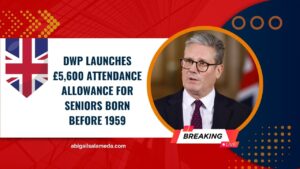The Money and Mental Health Policy Institute, established by renowned consumer advocate Martin Lewis, is calling on the UK Government to urgently reform how it handles benefits overpayment recovery.
The charity has flagged alarming practices where vulnerable individuals face sudden, severe debt collection methods that trigger emotional distress and financial hardship.
What Causes Benefits Overpayments?
Overpayments occur when recipients of Universal Credit or other benefits receive more than they are entitled to—often without their knowledge. This can stem from:
- Unreported changes in circumstances
- Administrative errors by the Department for Work and Pensions (DWP)
These overpayments can accumulate for months unnoticed, yet the DWP typically demands repayment swiftly, sometimes within weeks of detection.
Automatic Deductions Lead to Financial Crisis
Under current policy, the DWP is legally allowed to deduct up to 15% from a person’s monthly Universal Credit payment to recover overpaid amounts.
For an individual aged 25 or older, this equates to around £60 per month. According to the charity, this sudden reduction can be devastating for people already on a low income.
In contrast, private lenders such as banks or credit card companies must pursue a long legal process to reclaim debts, which usually allows for dialogue and negotiation.
Emotional Toll on Vulnerable Claimants
Many affected individuals report severe emotional stress upon discovering DWP notifications stating they were overpaid and repayment would be enforced. The Institute cited one troubling case:
“Having money deducted from my benefits has made it difficult to make ends meet. Some days I go without food, which is damaging my mental health.”
The lack of clear communication on alternative repayment options only compounds the distress. The charity notes that, unlike consumer creditors who must legally inform debtors of their rights and support options, DWP communications often lack clarity.
Upcoming Fraud and Recovery Legislation Raises Concerns
The report also draws attention to the Public Authorities (Fraud, Error and Recovery) Bill currently in Parliament, which, if passed, would give the DWP even broader authority to recover debts. The charity warns that this could further deepen the hardships unless reforms are made first.
Charity Urges Fairer and Compassionate Debt Practices
The Money and Mental Health Policy Institute is urging the Government to emulate consumer lending practices, where creditors assess an individual’s income and essential expenses before agreeing on repayments.
This would allow fair, affordable repayment plans to be created—especially vital for those with mental health issues.
The charity recommends debt management guidelines be improved across all government departments, ensuring vulnerable citizens are protected.
A Strong Statement from the Charity’s Leadership
Helen Undy, the charity’s Chief Executive, strongly criticized the Government’s approach:
“Much like the carers’ allowance scandal, people are being punished for overpayments they didn’t cause. Taking money back with little notice—often leaving people without enough to eat—is not just unfair, it’s cruel.
The Government must extend its promise to fix the carers’ allowance overpayment issue to Universal Credit recovery, giving people a real chance to repay in a way they can manage.”
Government’s Response: Support and Prevention Measures
A spokesperson from the DWP acknowledged the challenges, stating:
“We encourage people to report changes in circumstances early to prevent overpayments. However, we recognize that debts can happen, and we’re committed to working with claimants to set up affordable repayment plans.”
The Fraud Bill, according to the DWP, aims to detect overpayments early, helping reduce instances of debt. Meanwhile, the Department highlights its existing partnerships with:
- Money Advice Network – providing free, independent debt advice
- Breathing Space program – offering temporary legal protection from debt recovery action to allow individuals time to seek help
The current method used by the DWP to recover benefit overpayments is under serious scrutiny. The Money and Mental Health Policy Institute has spotlighted the emotional and financial strain placed on vulnerable citizens, calling for reforms that prioritize fairness, clarity, and compassion.
With proposed legislation on the horizon, now is the time for the Government to align its practices with ethical standards expected of private creditors—before more lives are negatively impacted.
FAQs
What should I do if I receive a Universal Credit overpayment notice?
Immediately review the notice, gather your financial details, and contact the DWP to request an affordable repayment plan. Also, consider reaching out to the Money Advice Network for free support.
How much can the DWP deduct for overpayments?
The DWP can deduct up to 15% of your monthly Universal Credit payment. For a single adult over 25, this can be around £60 per month.
What is the Breathing Space program and how can it help?
The Breathing Space policy gives you a legal break from debt enforcement while you work with a debt advisor to find a sustainable solution. This includes a 60-day grace period from most creditor actions.




